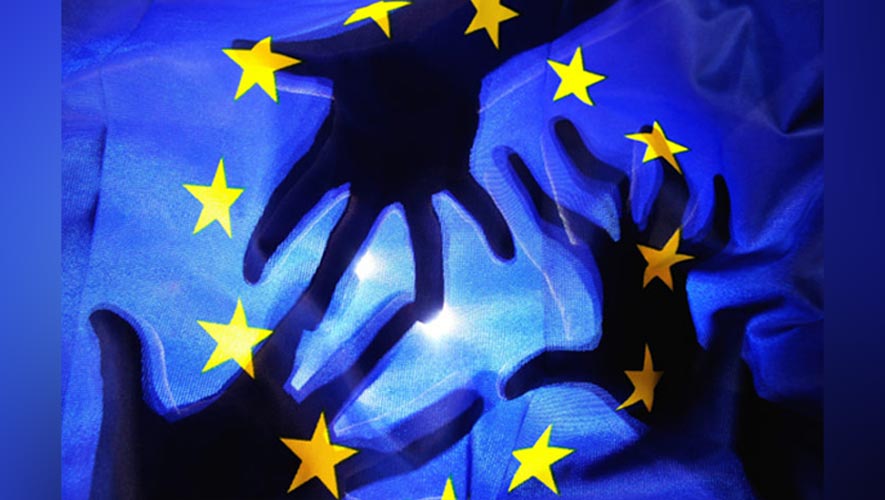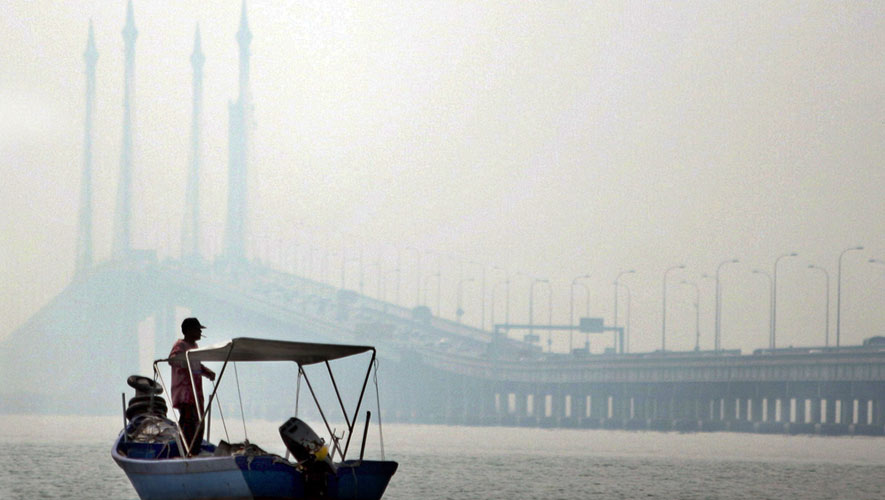ARISE Plus project is aimed at developing exports to Kingdom
For the latest Cambodian Business news, visit Khmer Times Business
The European Union’s involvement in Cambodia trade is usually defined by the Everything But Arms (EBA) Treaty, a free-trade agreement that many fear will expire soon.
But the EBA is not the full picture.
The truth is, EU involvement in Cambodia trade deals is set to continue whether that trade deal continues or not. The EU will determine whether to continue the agreement in February.
Across ASEAN countries the EU is allocating 80 million euros (about $88.7 million) to establish programmes designed to bolster bottom lines and expand trade throughout the ASEAN region.
In Cambodia, the EU launched a project on Aug. 23 called ARISE Plus that will establish a component of the EU ASEAN Regional Integration Support Project (ARISE).
The EU and German-sponsored programme aims to assist Cambodia in all aspects of trade and support greater connectivity in ASEAN, a region Cambodia has not fully tapped into in terms of trade opportunities.
The project is run by GIZ, the German Federal Enterprise for International Cooperation, and co-financed by the EU and the German Federal Ministry for Economic Cooperation and Development (BMZ) from 2019 to 2023 with a budget of 9.35 million euros.
Christine Bowers, the head of the project at GIZ, says it is macroeconomic in scope and will take a big-picture approach to assisting Cambodia to better integrate itself into the world.
“The focus is all the things Cambodia can do to take its place in global trade,” Bowers says.
To that end, the project will support the Ministry of Commerce, Ministry of Economy and Finance, and other ministries involved in advancing Cambodia’s trade development agenda, as well as working with the private sector and other development partners, she says.
Bowers says the project looks at the Cambodian economy and trade capabilities from strategic, financial and technical perspectives and is not industry specific.
She says the goal is to improve legislative and regulatory preconditions while supporting stronger private sector involvement to strengthen Cambodia’s integration in the regional ASEAN market, as well as all its markets.
This will include coordination of trade reform, trade statistics and inter-ministerial issues, including improved transparency and looking at ways Cambodia can be more trade-friendly.
“Another component is helping the private sector,” Bowers says. “What do you need to know to export your mangos to China?”
As an example, the project supports processes and organisational development as well as provides targeted training offers to enhance implementation of trade facilitating measures. In addition, it strengthens the capacity of the Ministry of Commerce, Customs Department and other relevant public actors to design and implement trade policy measures and it supports small- and medium-sized enterprises in rural and semi-urban areas to play a stronger role in regional and international value chains, according to its backers.
“The EU’s trade-related assistance has contributed in the past to simplifying export and import procedures in Cambodia as well as customs automation,” EU Ambassador George Edgar says: “The national component of ARISE Plus will be key for the country to complete its AEC (Asian Economic Community) commitments and increase its competitiveness in the region.”
The EU-German-Cambodian project will help improve customs, trade facilitation and standards, strengthen institutional capacities and regulatory practices and enhance private sector engagement through implementing the ASEAN Economic Community blueprint, according to the parties involved.
They say it should also accelerate the fulfillment of Cambodia’s commitments under the World Trade Organis`ation trade facilitation agreement and contribute to the successful implementation of Cambodia’s new Trade Integration Strategy (2019-2023).
“The EU and ASEAN are natural partners,” says Sascha Reebs, first secretary development cooperation official at the German Embassy. “They share joint values and interests on free trade, climate change and a rule-based international order. ASEAN will become a central international player in all these fields, if it manages to grow economically and politically further together. ARISE Plus contributes towards this pathway by supporting the economic integration of the region.”
As for the fate of the EBA and whether its possible passing will affect the ARISE Plus project, Bowers says it won’t. “The short answer is ‘No,” she says.
She says the EBA is one of several trade preference agreements, but her project is more along the lines of helping Cambodia on the ground and working with the country to improve how it does business – and the momentum is there.
“It’s important for Cambodia’s economic future,” Bowers says. “It’s about improving trade, full stop.”




